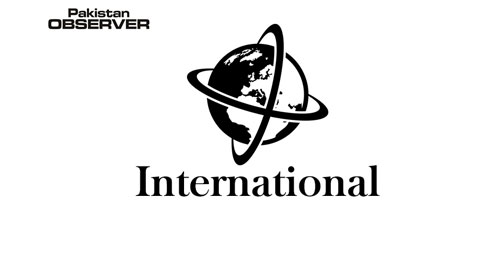Washington,
Spending less on food. Drawing down on retirement savings. Dropping out of the workforce altogether.
Last year, the United States massively expanded unemployment aid as Covid-19 broke out. But in the coming days those benefits will end, forcing millions of jobless Americans—some of whom haven’t worked for the entire pandemic—to make hard choices about how they will get by in an economy newly menaced by the Delta variant.
“I have no idea how we would survive, just on my daughter’s income,” said Deborah Lee, an unemployed phlebotomist in Arizona who is recovering from a Covid outbreak that affected her daughter and two of her three granddaughters.
The government-funded programs that increased weekly payments and gave aid to the long-term unemployed and freelancers were credited with keeping the United States from an even worse economic collapse last year.
In recent months they have become controversial, with some states ending them early and arguing they encouraged people not to return to jobs that Covid-19 vaccines made safe, though studies have disputed that contention.
From September 6 they will end nationwide, and while economists don’t expect them to meaningfully dent the US economy’s recovery from its 2020 debacle, they’ll undoubtedly up the pressure on the unemployed.
“I think it’s going to be an underappreciated event in the economy,” said Andrew Stettner of progressive think tank The Century Foundation, predicting that 7.5 million people will be relying on the programs when they end. “It’ll be kind of a silent crisis.”
The expansion of the unemployment safety net occurred in March 2020, when Congress rushed to blunt the emerging pandemic with $2.2 trillion in spending through the CARES Act rescue package.
While never meant to be permanent, the benefits were reauthorized twice, most recently in the $1.9 trillion American Rescue Plan enacted by President Joe Biden and his Democratic allies in Congress last March.—APP










